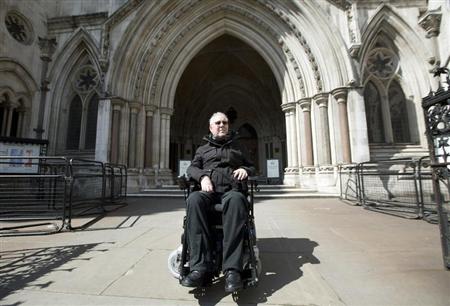By Ben Kopp
Impunity Watch Reporter, Europe
MADRID, Spain – Spain and France shut down gang operations that trafficked Chinese civilians into Europe and the US. Human-trafficking, especially child-trafficking, is a recognized problem worldwide that generates millions of dollars for ringleaders annually.

Two years ago, investigators began probing the ring, which police described as “intricately structured, divided into independent and virtually isolated cells to avoid detection.”
Spanish authorities say that, for approximately $60,000, trafficking victims are typically offered a better life, and later subjected to prostitution or harsh working conditions in “clandestine factories.” In this instance, the gang gave the migrants instructions on blending in with tourists, and used “travel enforcers” to ensure the migrants’ passage through airports, across borders, and into cities. When security changes endangered their operation, the smugglers changed quickly to a more lenient destination. After delivery, the smugglers returned to China and Malaysia, where they avoided Western police until instructed further.
While the final destination was typically the UK or US, some were also sent to Ireland, Spain, France, Turkey, or Greece.
Barcelona served as the main European hub, where Chinese migrants awaited falsified documents. Raids recovered 81 fake passports from South Korea, Malaysia, Taiwan, Hong Kong, Singapore, and Japan in addition to fake immigration stamps, Chinese and European currencies, and weapons. In Spain, there were 51 arrests; in France, 24. The ringleaders were arrested in Barcelona.
In a statement, police said, “The composition of this perfectly structured, hierarchical organisation, with its kingpin in China and independent cells operating in different countries, completely shut off from each other, complicated the investigation.”
In March 2013, Spanish authorities busted two Romanian human-trafficking rings. While Spain has acted particularly strong to protect women and children, the US and EU consider human-trafficking in and through Spain an increasing problem.
Recently, the EU warned Thailand about its unrelated human-trafficking record, stating that Europe may impose a ban on importing seafood from Thailand if its record did not improve.
“The European Union has an index for nations whose fishing industries are corrupted by human trafficking. Under the system, Q1 is Good, Q2 is Medium and Q3 is Bad,” Marine Police Region 8 Deputy Superintendent Lt Col Prasert Srikunrat explained to his officers. “Right now Thailand qualifies as -Q2, but that might drop to Q3 in the future. That will affect our fishing product exports because Europe will say no to them if the situation worsens.”
In mid-July 2013, British authorities arrested members of yet another human-trafficking ring, which moved people from Eastern Europe into Derby, UK.
Global problems require global solutions, and human-trafficking gives no exemption. While authorities bring traffickers to justice, people from and visiting all countries and cultures must work together carefully and cautiously to prevent the spread of abduction and the centers of abuse.
For further information, please see:
Al Jazeera – Spain and France Bust People-Smuggling Ring – August 10, 2013
BBC – ‘Human Trafficking Ring’ Broken Up – August 10, 2013
CNN – Human Trafficking Roundup Nets 75 in Spain, France – August 10, 2013
International Business Times – Chinese Human Trafficking Ring Busted in Spain and France – August 10, 2013
Phuket Gazette – Phuket Warned Human-Trafficking Record May Result in European Ban on Seafood – August 9, 2013
Derby Telegraph – More Held over Human Trafficking – July 16, 2013


